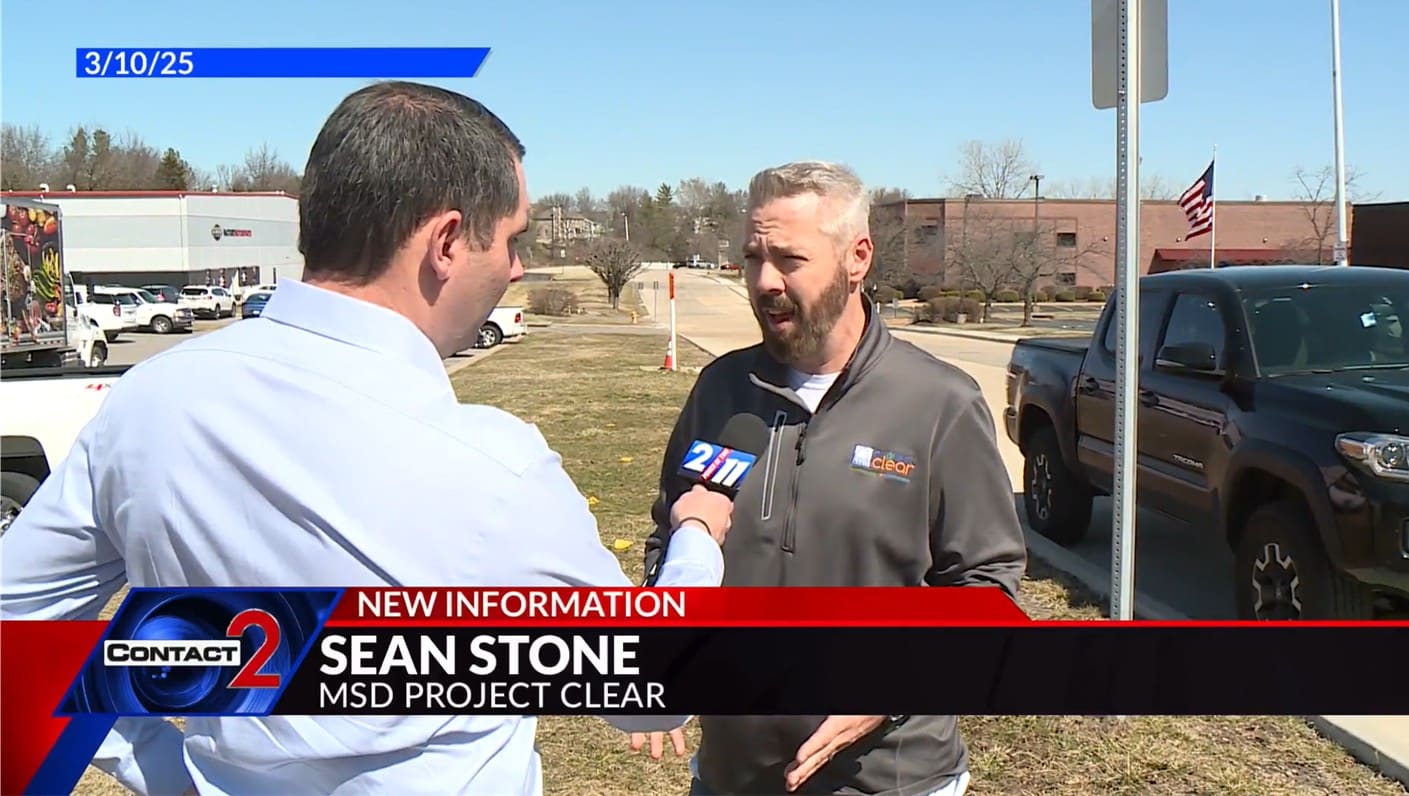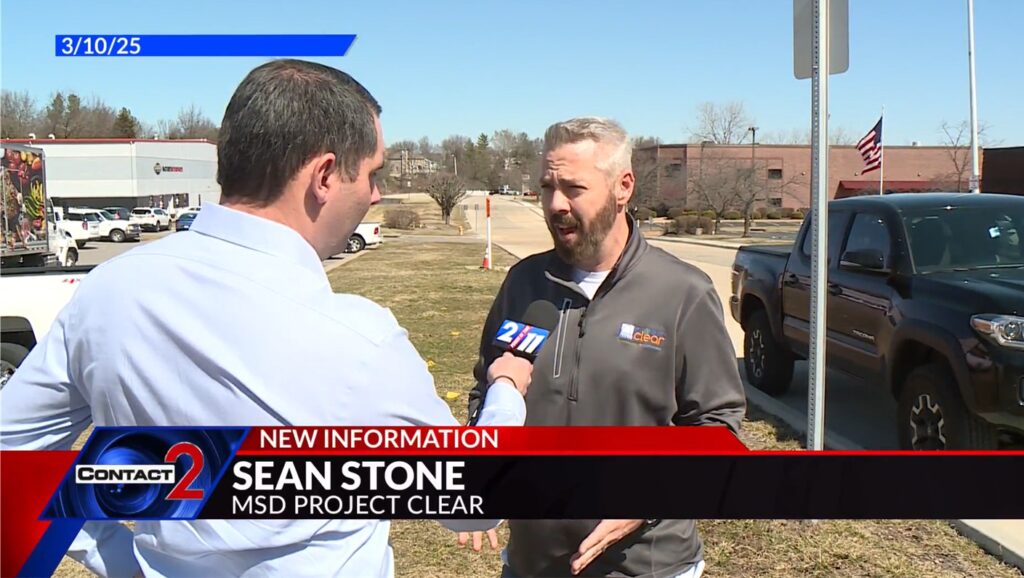Missouri Restaurant Improper Grease Trap Cleaning Backs Up Sewers
A Friday afternoon in a Missouri neighborhood turned into a nightmare for more than a dozen families when a significant sewer backup left their homes flooded and damaged.
The skies were sunny, but underground, something far less pleasant was brewing. A blockage in the neighborhood's wastewater line that caused raw sewage to back up into basements, bathrooms, and laundry rooms.
Weeks later, restoration crews were still hard at work, and residents were dealing with the emotional and financial aftermath. One local homeowner described the scene as devastating, noting how the sewer backup destroyed appliances, bathrooms, and personal belongings.

The Greasy Truth Behind Sewer Backups
According to sewer district officials, the culprit was something grease from nearby local restaurants. Investigators found an excessive amount of grease — enough to fill multiple buckets — clogging a section of the public sewer line.
After inspecting the grease trap cleaning records at those restaurants, officials found that some grease traps were not being adequately maintained. This allowed large amounts of grease to escape into the sewer system, eventually causing a blockage that impacted homes in the surrounding neighborhood.
Restaurants and Responsibility
Following the incident, some restaurants in the area received official notices for violating grease interceptor maintenance standards. While the affected businesses say they’ve historically followed best practices and even exceeded recommended cleaning schedules, the incident has prompted a reevaluation of maintenance frequency and inspection routines.
Sewer authorities now say that inspections for those restaurants will increase from every two years to a quarterly schedule. The goal is to ensure compliance and to prevent a similar incident from happening again.
Officials also emphasized that grease traps should not exceed 60% of their capacity and noted that the frequency of cleaning can vary depending on how much grease an establishment produces.
“We’re here to be good neighbors,” one local business owner said. “We want to do the right thing, and we’re taking this seriously.”
Rebuilding and Moving Forward
For the residents who suffered through the sewer backup, accountability and action are key. One resident shared that they won’t feel peace of mind until they are reimbursed for the damage caused by the incident.
And while the investigation is ongoing, the local sewer district has confirmed that its insurance administrator is working with affected residents on cleanup and damage coverage.
In addition, the sewer system in the impacted neighborhood is now on an increased cleaning schedule, and officials plan to pursue cost recovery from the responsible parties. This is an effort not only to help the victims of this specific event but also to protect other communities from similar disasters.
What You Can Learn From This
This incident is a reminder of how important it is to properly manage fats, oils, and grease — often referred to as FOG — in commercial settings. Grease might seem harmless when it’s warm and liquid, but as it cools and congeals, it can stick to sewer walls, narrow pipes, and eventually lead to major backups.
For restaurant owners and operators:
- Maintain and regularly service your grease interceptors.
- Keep detailed cleaning logs.
- Partner with a reliable grease trap cleaning service.
Be proactive, not reactive. Preventing a problem is much less costly than cleaning up after one.
Sewer backups don’t just cause messes. They disrupt lives. This Missouri town’s experience serves as a warning that what goes down the drain doesn’t always stay out of sight. With care, diligence, and proper grease management, these kinds of disasters can be prevented.
Besides the financial damage in having to reimburse these local residents for the sewer backups, there is damage to the restaurant's reputation and goodwill that will take a lot longer to repair.
To prevent problems in your commercial kitchen drains that can result from having a clogged grease trap, consider installing The Drain Strainer. Invented by a former restaurant owner, The Drain Strainer is a commercial garbage disposal alternative that captures food solids that could clog your pipes and grease trap while still allowing your sinks to drain quickly.

